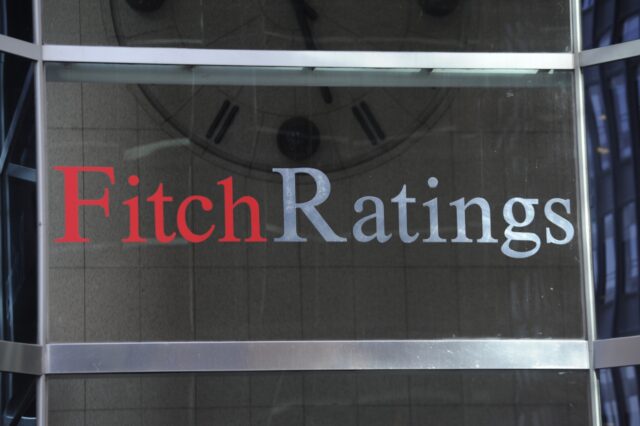Fitch Ratings has downgraded the U.S. credit rating, citing an expected increase in government debt over the next three years and a “steady deterioration in standards of governance” over the past two decades
Fitch downgrades US credit rating, citing mounting debt and political divisionsBy CHRISTOPHER RUGABERAP Economics WriterThe Associated PressWASHINGTON
WASHINGTON (AP) — Fitch Ratings has downgraded the United States government’s credit rating, citing rising debt at the federal, state, and local levels and a “steady deterioration in standards of governance” over the past two decades.
The rating was cut Tuesday one notch to AA+ from AAA, the highest possible rating. The new rating is still well into investment grade.
The decision illustrates one way that growing political polarization and repeated Washington standoffs over spending and taxes could end up costing U.S. taxpayers. In 2011, the ratings agency Standard & Poors stripped the U.S. of its prize AAA rating and also pointed to partisan divisions that made it difficult for the world’s biggest economy to control spending or raise taxes enough to reduce its debt.
Reduced credit ratings over time could raise borrowing costs for the U.S. government. The Government Accountability Office, in a 2012 report, estimated that the 2011 budget standoff raised Treasury’s borrowing costs by $1.3 billion that year.
At the same time, the size of the U.S. economy and historic stability of the U.S. government has kept its borrowing costs low, even after the Standard & Poor’s downgrade.
Fitch cited the worsening political divisions around spending and tax policy as a key reason for its decision. It said U.S. governance has declined relative to other highly rated countries and it noted “repeated debt limit standoffs and last-minute resolutions.”
Another factor in Fitch’s decision is that it expects the U.S. economy to tumble into a “mild recession” in the final three months of this year and early next year. Economists at the Federal Reserve made a similar forecast this spring but then reversed it in July and said growth would slow but a recession would likely be avoided.
“I strongly disagree with Fitch Ratings’ decision,” said Treasury Secretary Janet Yellen in a statement. “The change … announced today is arbitrary and based on outdated data.”
Yellen noted that the U.S. economy has rapidly recovered from the pandemic recession, with the unemployment rate near a half-century low and the economy expanding at a solid 2.4% annual rate in the April-June quarter.
A deal to resolve a standoff over the government’s borrowing limit in June included “over $1 trillion in deficit reduction and improved our fiscal trajectory,” Yellen added.

COMMENTS
Please let us know if you're having issues with commenting.